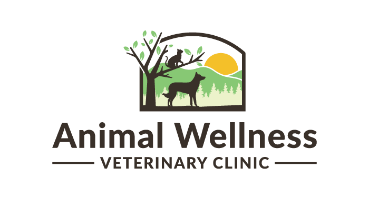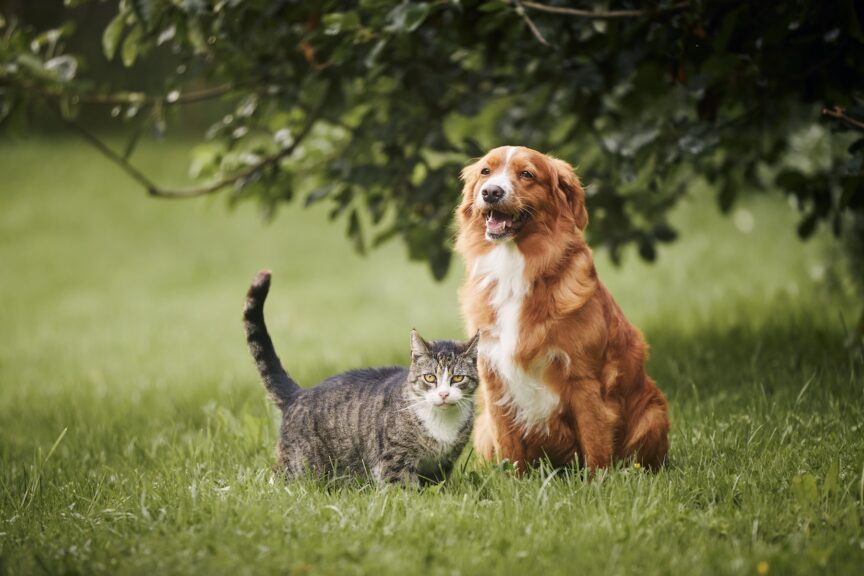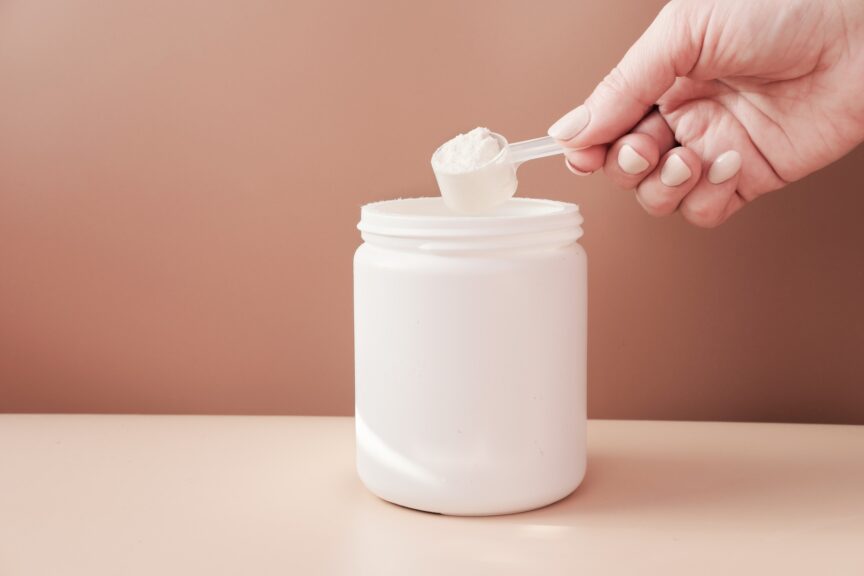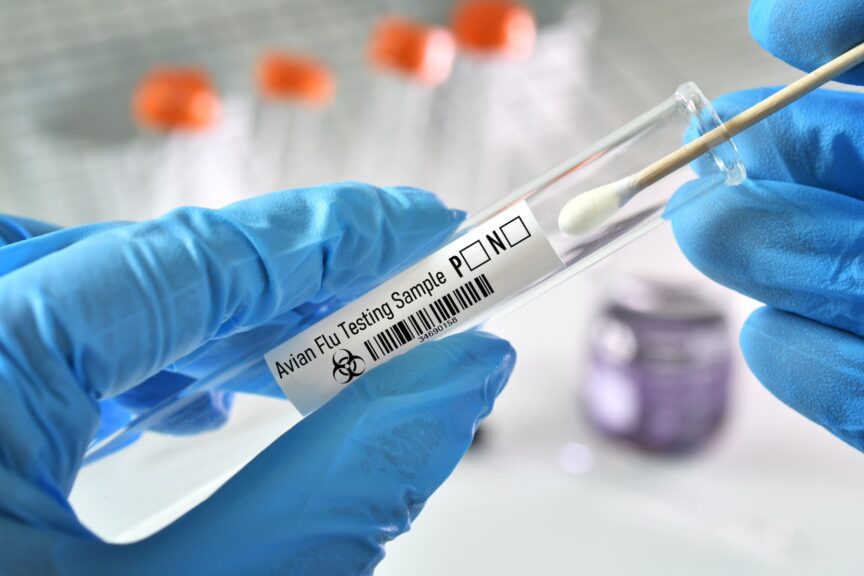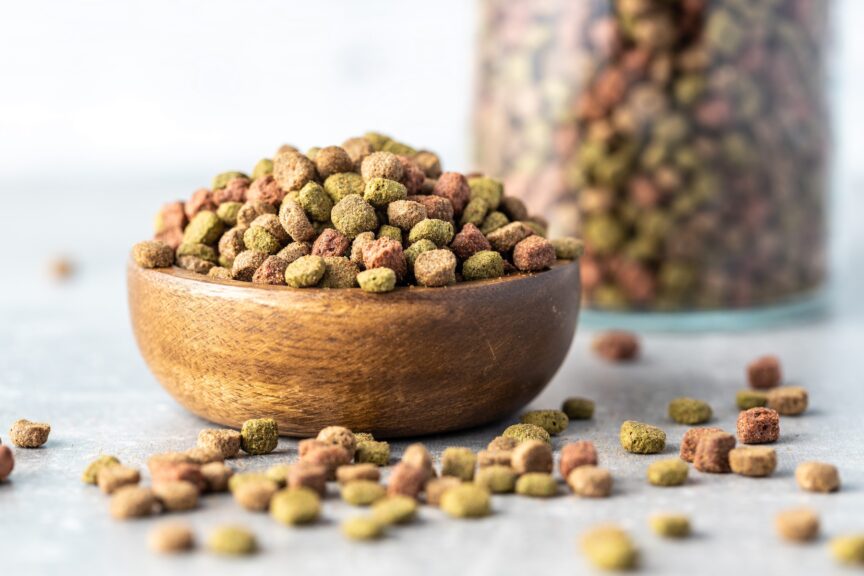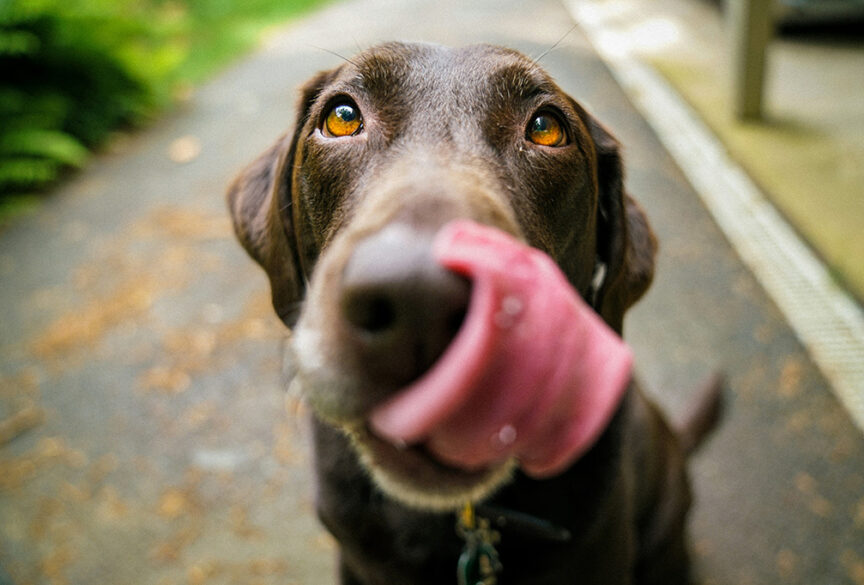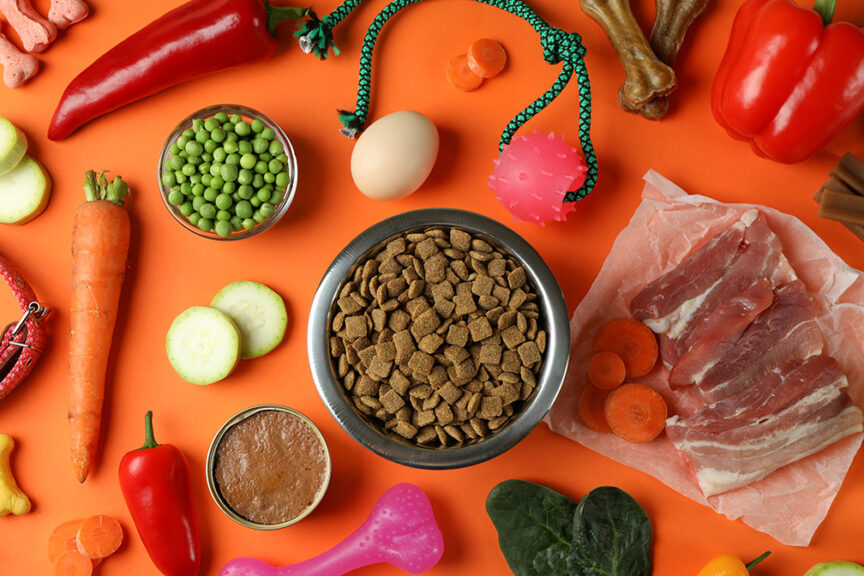Flea & Tick Control
In Idaho, flea issues tend to not be a predominant problem so most of our efforts are aimed at controlling ticks. We have three tick species in Idaho—Deer Tick, Brown Dog Tick, and American Dog Tick. All three have the potential to carry blood-borne diseases, but we do not have a prevalence of those diseases in Idaho yet.
